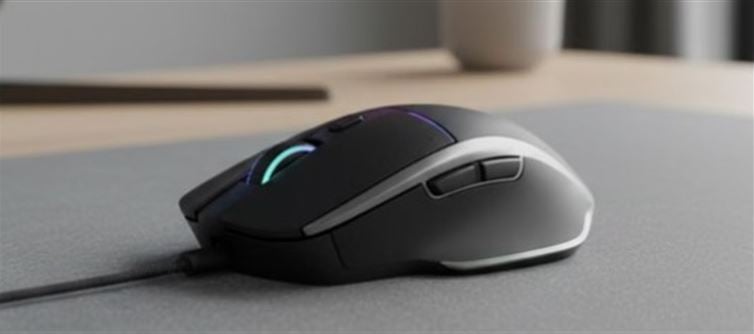
Beware: Your Computer Mouse Can Spy on You
Mouse Can Hear You:
Researchers at the university of california discovered that a computer mouse can detect acoustic vibrations, essentially “hearing” your voice.
Special software can convert these vibrations into audible sounds.
History of the Mouse:
Invented in 1964, the first mice were large, box-sized, and heavy.
Modern mice use laser light and sensitive sensors to track movement, enabling smooth cursor control.
The red light under the mouse is part of the sensor system capturing movement—but it can also detect vibrations.
How Spying Works:
Mouse sensors pick up subtle vibrations that can act like a microphone.
AI-powered software can analyze these vibrations to identify spoken numbers and some words.
Researchers found mouse-based recordings could identify digits and numbers accurately, posing a risk to sensitive data like credit cards.
Accuracy & Limitations:
Mouse detected words with ~61% accuracy; numbers and digits were more reliably captured.
Accuracy depends on a flat, clean surface; mouse pads or covers reduce sensitivity.
Environmental noise affects recording quality.
Attackers must first install malware on the system for this method to work.
Privacy Concerns:
Mice and other external peripherals are generally not security-verified, making them vulnerable.
This research highlights a potential risk in everyday computer devices.
How to Stay Safe:
Avoid opening unknown software or email attachments.
Run anti-malware scans regularly.
Only download peripheral drivers from official sources.
Disconnect unnecessary peripherals during sensitive conversations.
Keep your operating system and software updated to minimize vulnerabilities.
Key Takeaway:
Even a common computer mouse can become a spying tool if your system is compromised—awareness and precaution are crucial.




 click and follow Indiaherald WhatsApp channel
click and follow Indiaherald WhatsApp channel